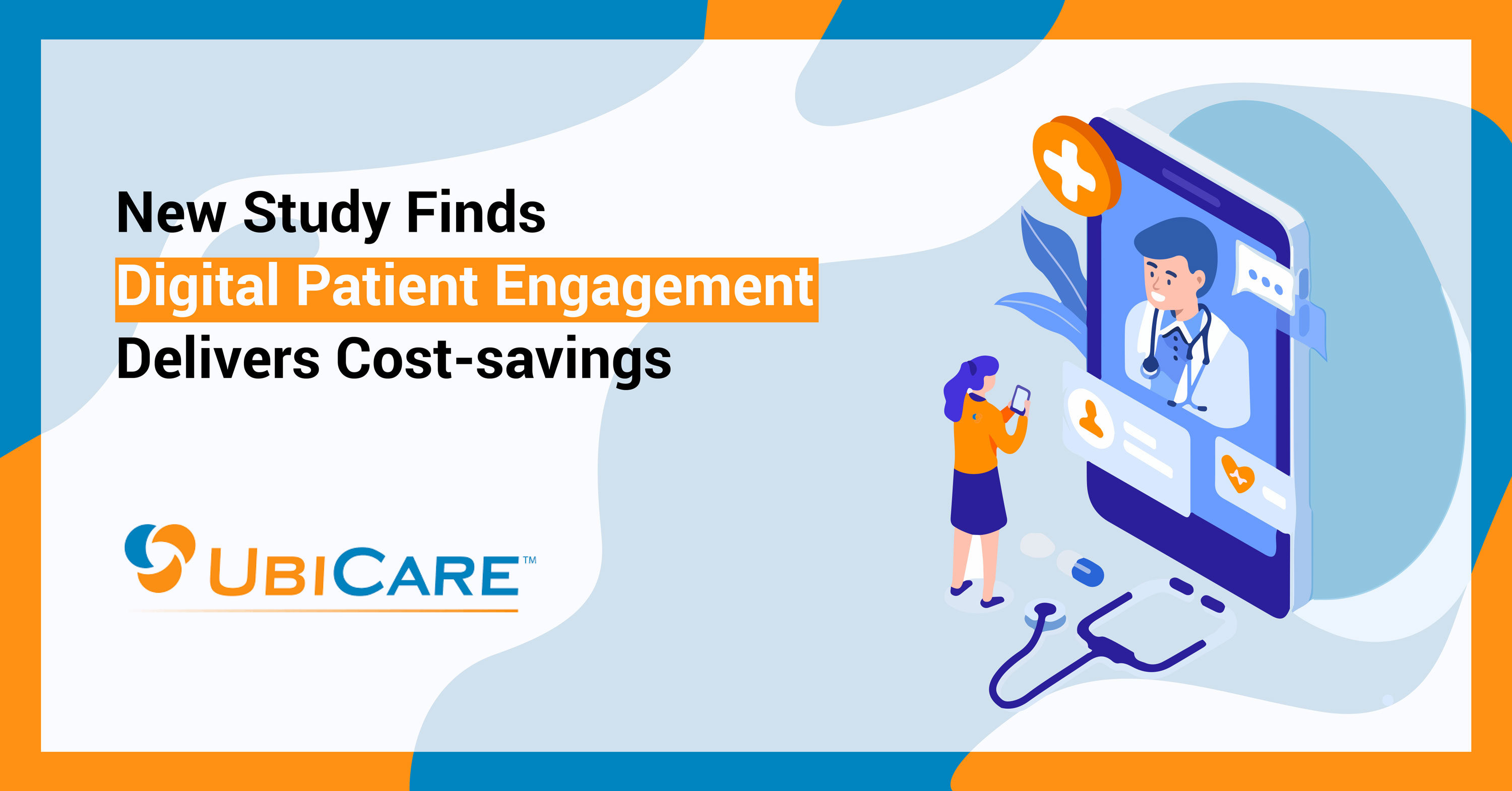Boston, MA – Cutting-edge findings from a new study prove that early, mobile patient engagement from diagnosis through post-care generates significant cost-savings and better patient outcomes.
New Study finds digital patient engagement delivers cost-savings in reduced LOS and identifying at-risk patients
Topics: Healthcare Technology
Balancing Patient Safety and Satisfaction When Lowering C-Section Rates
A recent study offers yet another push for hospitals to lower elective C-section rates. Research published in the Journal of Allergy and Clinical Immunology, has found a link between C-sections and an increased risk of food allergies.
C-sections are performed in nearly a third of U.S. births, and half of these surgeries are considered avoidable. Thus, the pressure to lower the rates of this procedure – and it's accompanying risks, which range from infection to excessive blood loss and even maternal death – is mounting from all sides. The Joint Commission, the Centers for Medicare and Medicaid Services (CMS), the National Quality Forum and independent hospital rating firms (such as Leapfrog, which reports on them by hospital) all care about C-section rates. Even media organizations such as Parents.com are weighing in.
All of this puts hospitals in the delicate situation of discouraging elective C-sections, while keeping those patients who request the procedure – without fully understanding the risks – satisfied with their care. Yes, hospitals want to keep their expectant patients happy, but their biggest priority here is maternal and child safety.
So what can hospitals do to help lower C-section rates?
Topics: Improving Patient Outcomes, Patient Engagement, Patient Experience, Healthcare Technology, healthcare marketing, patient activation
Engaging Moms to Improve the Patient Experience In-Hospital and Postpartum
There is a lot of focus in our industry lately on patients as healthcare consumers. Particularly in the case of childbirth, expectant moms increasingly have a choice of where to deliver their babies. Hospital shopping is common among this group of women, and competition is fierce among hospitals for their business. That’s why it’s more important than ever to listen to what our patients are saying about us.
Surveys are a great way to gain insight into how new and expectant women feel about their hospital experience – from their first interaction with us through the early years of raising their children. But traditional surveys are often delivered to patients at inconvenient times or end up being thrown away.
How do you request patient feedback in a way that patients are more likely to respond?
At Northwestern Medicine in Illinois, we bring care directly to patients through our digital engagement platform. Branded as NM Parent Connect, we reach expectant moms on their mobile devices at targeted points in their care journeys. We send them automated education, but also have the ability to inform them of our resources and to gain critical patient feedback at any time.
Topics: Guest Blog, Patient Experience, Innovation, Healthcare Technology, patient activation
As the mother of a toddler, recent news headlines about the dangers of baby walkers—and pediatricians’ repeated calls for a ban on them—caught me by surprise.
The American Academy of Pediatrics (AAP) has long recommended against—and unsuccessfully sought a ban on—these walkers. This month, a study in the AAP journal Pediatrics has renewed calls for that ban.
Still, it was the first I’d heard of the academy’s warnings. And while I never used a walker with my child, I could not recall my doctors advising me not to. It made me wonder how many other new and expectant moms missed the warnings as well.
Mostly, it highlighted the need for pediatricians to more effectively communicate with new parents about parenting and child development—and not just during well-child visits in the doctor’s office, when the information provided is too easily forgotten later on.
Topics: Patient Engagement, Patient Experience, Innovation, Healthcare Technology










